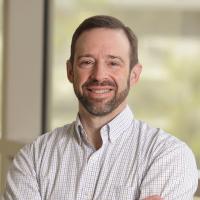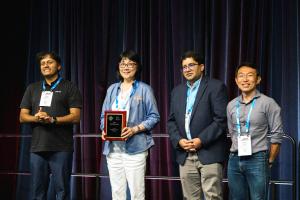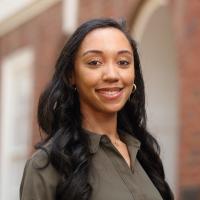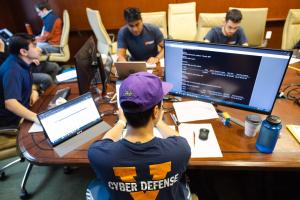CS News Briefs
Read the latest news briefs from and about students and faculty in the UVA Computer Science Department.
-

Computer Science Professor Elected to VASEM
Read NowThe Department of Computer Science is proud to announce that Professor Kevin Skadron has been elected as a member of the Virginia Academy of Science, Engineering, and Medicine (VASEM) for 2025. This prestigious honor recognizes individuals with an outstanding record of achievement in science, engineering, or medicine.
-

Machine Learning Team Earns Best Paper Award at KDD 2025
Read NowCongratulations to Wenqian Ye, Guangtao Zheng, and Professor Aidong Zhang on receiving the Best Paper Award (Research Track) at KDD 2025, one of the world’s most prestigious conferences in knowledge discovery and the #1 conference on data mining.
-

Prof. Yen-Ling Kuo Receives Early Career Contribution Award
Read NowYen-Ling Kuo, Assistant Professor of Computer Science at the University of Virginia, has been honored with the IEEE Robotics & Automation Society’s Outstanding Women in Robotics & Automation (WiRA) Early Career Contribution Award. The award was presented last week at the IEEE International Conference on Robotics and Automation (ICRA) 2025.
-

Professor Mark Sherriff Elected to ACM SIGCSE Board
Read NowWe’re proud to share that Computer Science Professor Mark Sherriff has been elected to the Board of the ACM Special Interest Group on Computer Science Education (SIGCSE). His three-year term as Secretary will run from July 1, 2025, to June 30, 2028.
-
UVA Professor Anil Vullikanti Honored with Two Prestigious Awards for Groundbreaking Research
Read NowProfessor Anil Vullikanti, a faculty member in the Department of Computer Science and the Biocomplexity Institute at the University of Virginia, has recently been recognized with two major accolades for his influential research.
-
UVA Siblings Earn Prestigious NSF Fellowships for Research
Read NowIt’s not every day that two students from the same university department receive the same highly competitive research fellowships. It’s even rarer when those two students are siblings.
Michael and Maria Cardei, graduate students in the UVA Department of Computer Science, have both been awarded the National Science Foundation’s Graduate Research Fellowship Program (NSF GRFP) award. This prestigious fellowship supports outstanding graduate students in STEM fields and is known for its rigorous selection process.
-

CS Staff Member to join next cohort of UVA Cornerstone Program
Read NowJai Maupin, Senior Student Services Coordinator for Computer Science, will join the next cohort of the UVA Cornerstone Program.
-
CS Faculty and Students Won DARPA Disruptive Idea Award
Read NowCongratulations to Assistant Professor Ferdinando Fioretto and students Jacob Christopher, Michael Cardei, and Jinhao Liang for receiving the prestigious DARPA Disruptive Idea Award at NeUS-25.
-
2025 End of Year Awards Results
Read NowCongratulations to the recipients of the 2024-2025 end-of-year awards!
-

UVA Cyber Defense Team Scores Mid-Atlantic Three-peat
Read NowUVA Cyber Team is on the way to the National Collegiate Cyber Defense Competition in April, going for a 4th win!